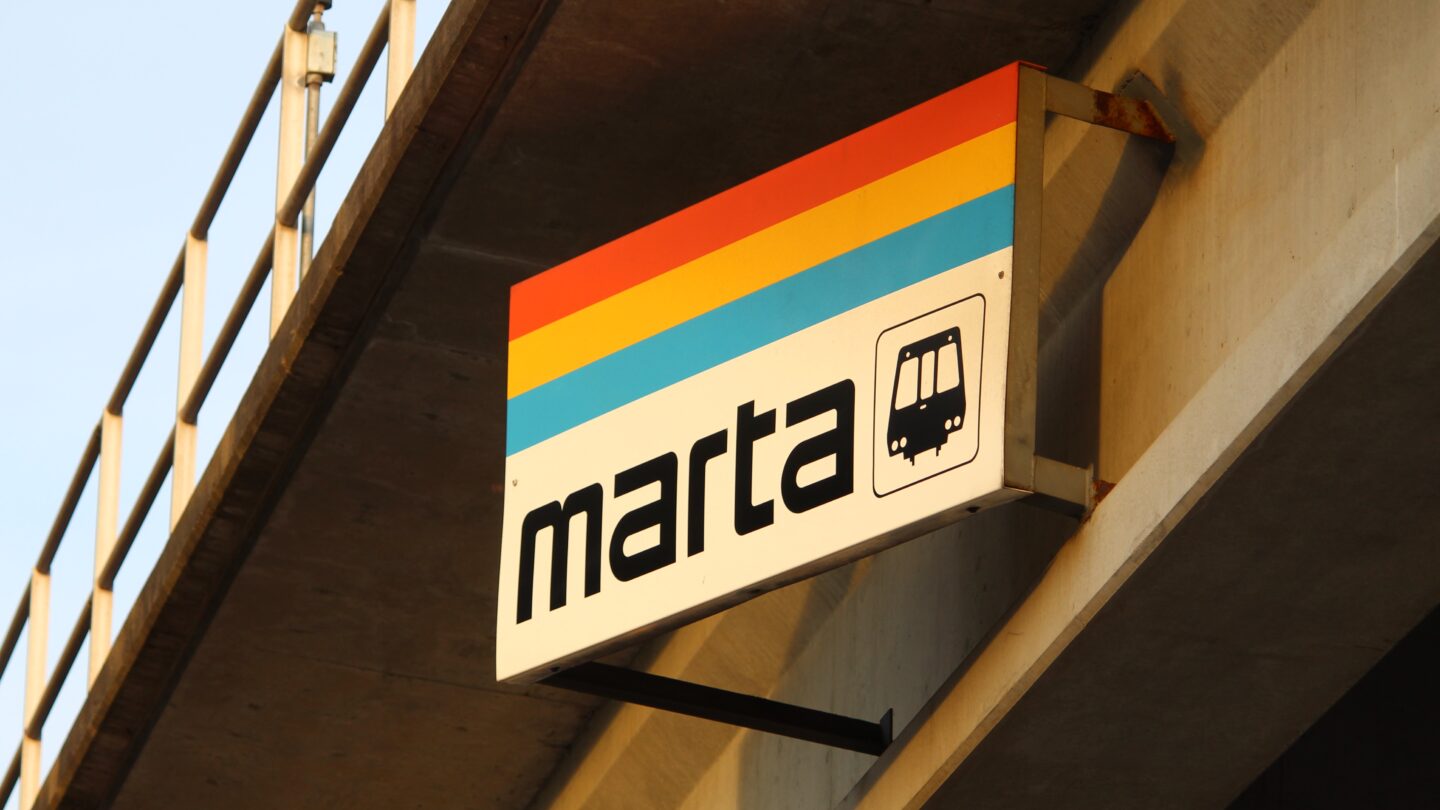DeKalb commissioner pushes for more local spending on transit

Last year’s federal infrastructure law will mean hundreds of millions of dollars to upgrade public transportation in metro Atlanta.
But the plan also expands opportunities for projects that improve transit equity.
DeKalb County Commissioner Ted Terry told WABE’s “All Things Considered” this week he’d like to see a transit referendum placed on the ballot this fall for the county’s voters.
“Even if it’s a quarter-penny,” Terry says, local investment would make DeKalb eligible for more federal dollars.
“The longer we wait, the higher possibility that we miss out on really what we think of as a once-in-a-generation level of funding that can I think really catalyze a lot of economic development and job opportunities,” said Terry. “And with that we can address affordable housing and environmental issues at the same time.”
He says some loan programs available as part of the infrastructure plan require as low as a 20% match from the cities or counties seeking them.
“Right now we don’t have a local match available to meet those demands,” said Terry. “So what I’m really hoping we’ll be doing over the next several months is to consider: what is our local transit funding formula?”
He says increasing public transit in South DeKalb, adding more bus routes, as well as free rides for seniors and disabled individuals, can help improve transit equity in the county.
“We have a lot of metrics that the transit folks are looking for,” said Terry. “They’re looking for underserved populations, they’re looking for equity issues. We know that in South DeKalb, they’ve been paying for MARTA for 40-plus years now, but haven’t received the type of investments that would be commiserate with that sales tax money.”
Terry says long-term projects that could improve mobility in DeKalb include heavy rail, light rail, bus rapid transit and transit that uses managed lanes on 285 and I-20.
“It would become a reality sooner if we get the local funding in place,” he said.








